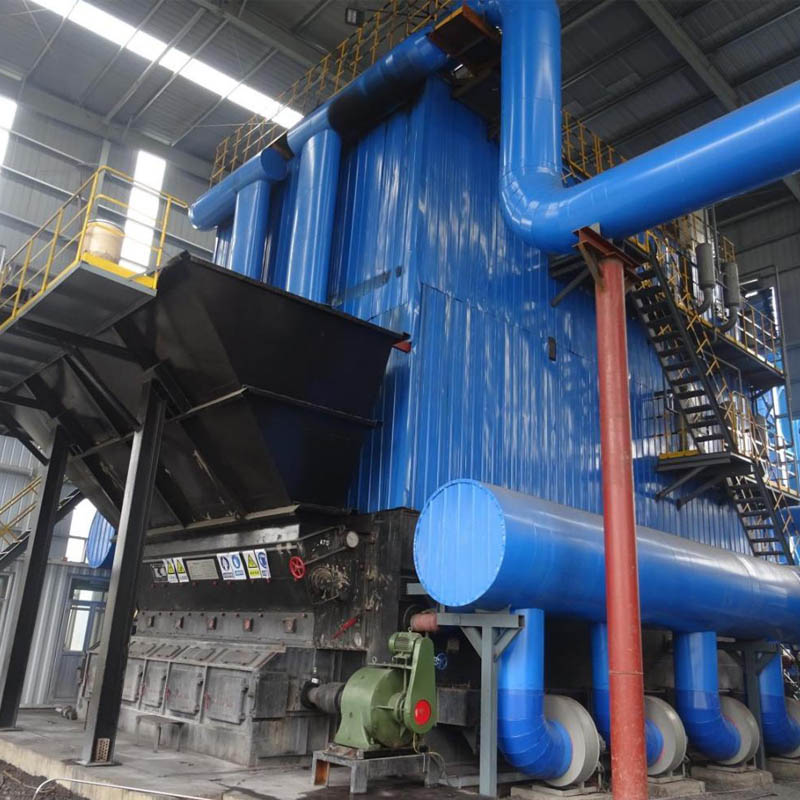
Nov . 15, 2024 23:56 Back to list
thermal oil furnace
The Advantages of Thermal Oil Furnaces in Industrial Applications
In the realm of industrial heating systems, thermal oil furnaces have emerged as a highly efficient and effective solution for various applications. These furnaces stand out due to their ability to transfer heat using thermal oil or synthetic oil, which operates at higher temperatures than conventional water-based systems. As industries continue to seek more efficient and cost-effective heating methods, the popularity of thermal oil furnaces has witnessed significant growth.
One of the principal advantages of thermal oil furnaces is their high thermal efficiency. Unlike traditional steam boilers that can lose heat during the phase change from water to steam, thermal oil systems can maintain a steady temperature without this transition, resulting in less energy loss. The use of thermal oil allows for operation at temperatures up to 400°C (752°F) or even higher, making these furnaces ideal for processes that require consistent and high-temperature heating. Industries such as chemical manufacturing, food processing, and petrochemicals benefit immensely from this capability.
Moreover, thermal oil furnaces offer superior temperature control. The ability to maintain precise temperatures enhances product quality and ensures process reliability. In processes where temperature fluctuations can lead to product inconsistencies or defects, the thermal oil system’s precision provides a significant advantage. This adaptability makes thermal oil furnaces suitable for a wide range of applications, from heating reactors and ovens to providing heat for drying and distillation processes.
thermal oil furnace

Another compelling reason industries are adopting thermal oil furnaces is their operational safety. Thermal oil systems generally operate under lower pressure compared to steam boilers, which reduces the risk of explosions and mechanical failure. Additionally, the oils used in these systems are specifically designed to withstand high temperatures without breaking down, further enhancing safety and reducing maintenance costs.
The installation of a thermal oil furnace can also be easier and more cost-effective than traditional heating systems. Because these systems do not require complex structures associated with steam generation and distribution, installation time and costs can be reduced. Once operational, thermal oil furnaces require less maintenance due to fewer moving parts and simpler operations, translating to lower overhead costs for businesses.
Environmental considerations are also important. Many thermal oils are designed to be environmentally friendly, allowing for cleaner combustion and less environmental impact. This aligns with the growing demand for sustainable practices in various industries, making thermal oil furnaces a more appealing choice for businesses aiming to reduce their carbon footprint.
In conclusion, thermal oil furnaces provide a host of benefits including high thermal efficiency, temperature control, safety, ease of installation, and environmental sustainability. With their ability to meet the rigorous demands of industrial heating, it is no surprise that thermal oil furnaces continue to gain traction across numerous sectors. As industries evolve and prioritize efficiency and safety, the role of thermal oil heating systems is likely to expand even further in the years to come.
-
High-Efficiency Commercial Oil Fired Steam Boiler for Industry
NewsJul.30,2025
-
High-Efficiency Biomass Fired Thermal Oil Boiler Solutions
NewsJul.30,2025
-
High Efficiency Gas Fired Thermal Oil Boiler for Industrial Heating
NewsJul.29,2025
-
High-Efficiency Gas Fired Hot Water Boiler for Sale – Reliable & Affordable
NewsJul.29,2025
-
High Efficiency Biomass Fired Hot Water Boiler for Industrial and Commercial Use
NewsJul.29,2025
-
High-Efficiency Biomass Fired Hot Water Boiler for Industrial Use
NewsJul.28,2025
Related PRODUCTS






















